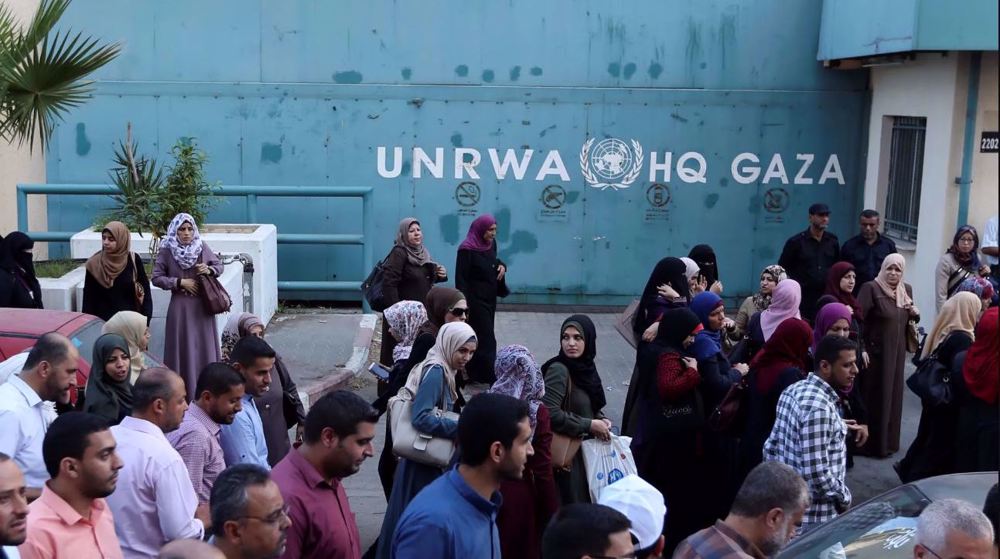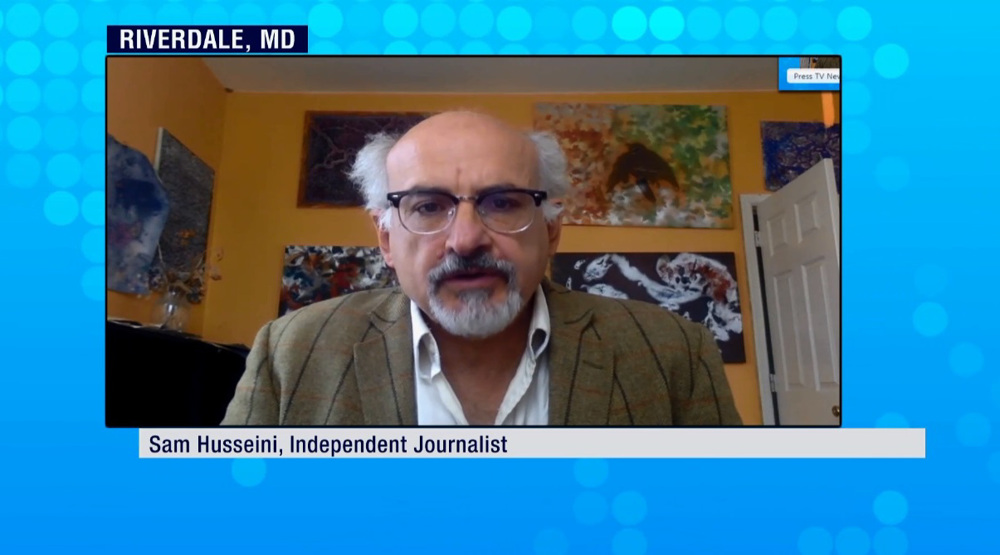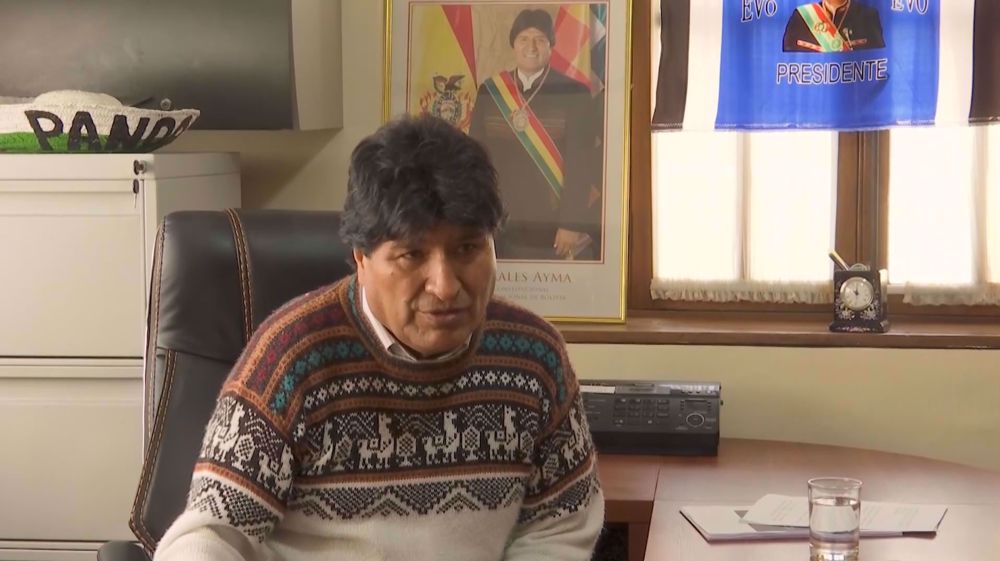Iranians can change government policy with votes: Analyst
Press TV has conducted an interview with Kevin Barrett, an author and Middle East expert, on the massive turnout in the recent parliamentary and Assembly of Experts elections in Iran.
The following is a rough transcription of the interview.
Press TV: How do you evaluate this massive turnout in the parliamentary and Assembly of Experts elections?
Barrett: Well, I think it’s clear in Iran that the elections really do matter; and that’s not always clear in various other countries, but Iran has a functioning system that actually does give the people a voice in their own governance. People know that their votes actually matter, that they can change policy through their votes, that the votes would be counted accurately.
I understand that Iran is using hand-counted paper ballots, not Diebold voting machines like we have here in the United States, which are susceptible to fraud. And it does seem also that in a region that has got such a democracy deficit that Iran is really the exception, the one country where these elections matter.
I know Iran’s society obviously isn’t perfect, but I think that this democratic success really deserves to be celebrated, and it’s good to see that the people of Iran are exercising their democratic rights.
Press TV: What’s the effect of these elections on the domestic level and Iran’s foreign policy and international relations?
Barrett: Well, here in the United States, the Iran observers who obviously are not disinterested well-wishers are of course cheering for the most reformist possible agenda, because they’re hoping that that agenda will somehow lead Iran on a path back to the subservience to the West, but that’s not going to happen. And even the honest reformists are not interested in doing that.
The real choice, I think, in Iran are questions about how best to develop Iran’s genuine independence, to what extent does Iran have to be utterly principled and non-compromising, not give an inch and where does it make sense to be flexible. And these are questions that really have no obvious and clear right answers and they’re very strongly debated in Iran and it’s interesting that the Supreme Leader is advised by people from various persuasions.
And so that aspect of the Iranian system which is the equivalent of the executive, I think in countries with strong executive branches, ultimately has to listen to all the different sides. There’s a real functioning balance of powers with the fact that there’s a president, there’s a prime minister, the Parliament, the Assembly of Experts, all of these elected bodies and then the Supreme Leader, appointed by the Assembly of Experts, creates a system where there really is a set of checks and balances.
And I think that’s really the greatest achievement of democratic republicanism in the post-enlightenment era, is the systems where there are enough checks and balances so that corruption can only get so far before it gets cut down.
Unfortunately, we’re losing some of that here in the United States, where the neo-conservatives have put in so-called unitary executive, the president who’s above the law, he could kidnap people, make people disappear, no due process and so on. And that’s not good, it’s better to have a system with those checks and balances. And it’s great to see that Iran has moved in that direction.
VIDEO | Pakistan intensifies crackdown against Afghan migrants amid 'security threats'
VIDEO | Paris protest demands ban for Israel at Summer Olympics
VIDEO | Yemeni armed forces intensify naval operations
US police enter Columbia University to clear pro-Palestinian protesters
VIDEO | South Koreans sue Israeli leaders of war crimes in Gaza
UN: Israeli ground offensive in Rafah would be 'tragedy beyond words'
VIDEO | University students in Lebanon hold pro-Palestine demos
VIDEO | Crackdown on pro-Palestine students













 This makes it easy to access the Press TV website
This makes it easy to access the Press TV website